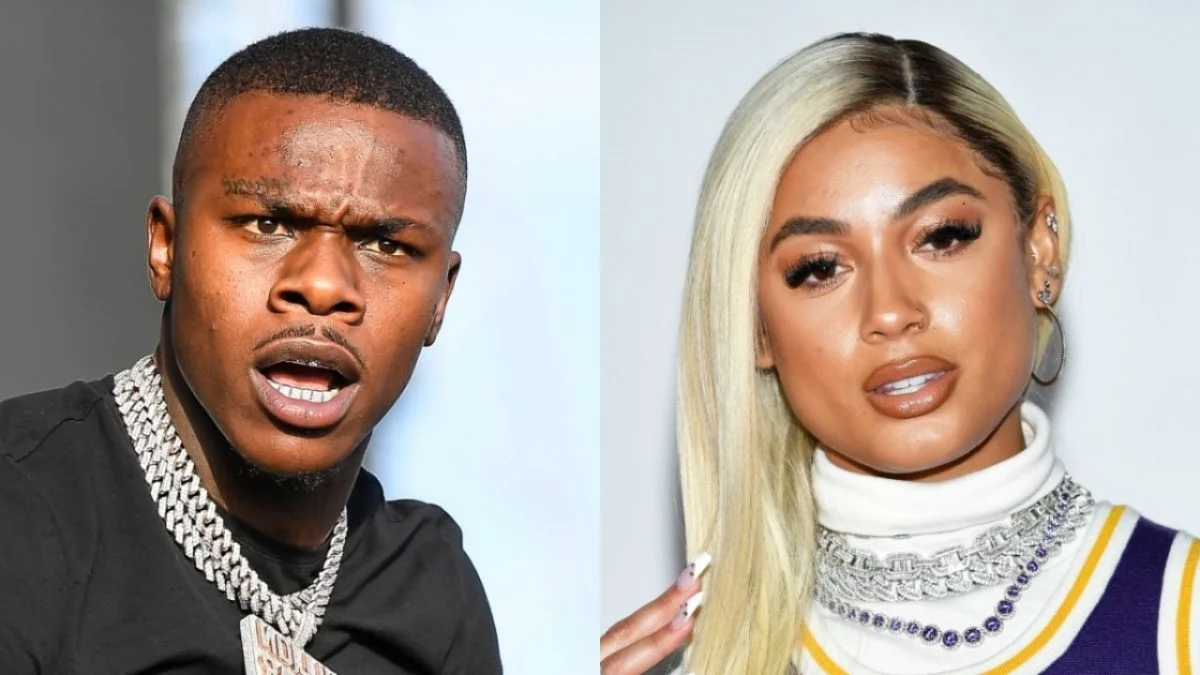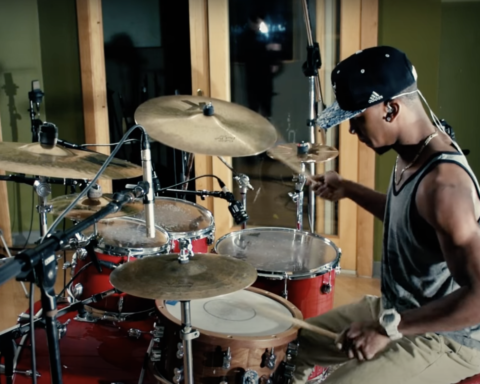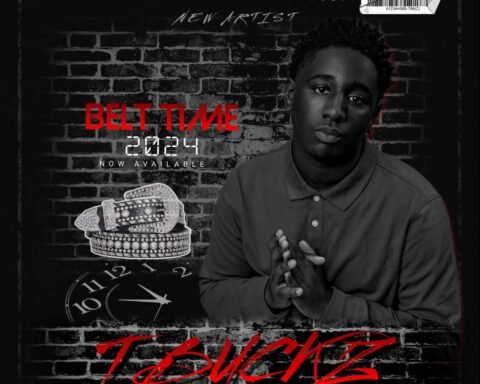In the dazzling world of celebrity culture, where every step on the red carpet and every glance captured by the paparazzi is scrutinized, there are moments that remain hidden beneath the glittering facade. Rihanna, the iconic pop sensation, known for her unapologetic persona, recently revealed a chapter from her past that had remained concealed for years – an incident from the 2012 MTV Video Music Awards (VMAs) where A$AP Rocky grabbed her butt. This revelation has sparked conversations, offering a glimpse into the complexities of fame, consent, and personal boundaries in the entertainment industry.
The Encounter: A Moment Frozen in Time
As Rihanna reminisced about that fateful night at the VMAs, she recounted the incident with vivid clarity. It was a whirlwind of lights, cameras, and adrenaline-fueled performances, the atmosphere charged with excitement and anticipation. Amidst the chaos, a fleeting touch sent shockwaves through her, halting her in her tracks. A$AP Rocky, a fellow artist and performer, had brazenly grabbed her buttocks without warning or consent, leaving her momentarily stunned.
In the aftermath of the incident, Rihanna found herself grappling with a mix of emotions – confusion, indignation, and a profound sense of violation. The unwanted advance had shattered the illusion of safety she had cultivated within the confines of her celebrity status. Despite her outward confidence and assertiveness, she was confronted with the stark reality of vulnerability, reminding her that even the most powerful figures in the industry are not immune to harassment and boundary violations.
The Silence: Navigating the Pressures of Public Perception
For years, Rihanna chose to remain silent about the incident, grappling with the internal turmoil it had unleashed. In an industry where image is meticulously curated and public perception is paramount, speaking out about such experiences can be fraught with uncertainty and backlash. The fear of being labeled as difficult, attention-seeking, or disrupting the status quo often silences victims, trapping them in a cycle of secrecy and shame.
Rihanna’s decision to break her silence speaks volumes about her resilience and determination to reclaim her narrative. By sharing her truth, she refuses to be confined by the expectations and constraints imposed by society. Instead, she empowers herself and others to confront uncomfortable truths and challenge the pervasive culture of silence that perpetuates misconduct and abuse in the entertainment industry.
The Revelation: A Glimpse Behind the Curtain
As Rihanna reflected on the 2012 VMAs incident, she offered insights into the complexities of navigating relationships and power dynamics in the spotlight. Behind the glamorous veneer of fame lies a reality fraught with vulnerabilities and insecurities, where personal boundaries are often blurred and consent is disregarded. The incident serves as a stark reminder of the pervasive culture of objectification and entitlement that plagues the entertainment industry, where individuals are reduced to mere objects for consumption and gratification.
In opening up about her experience, Rihanna sheds light on the broader issues of gender inequality and systemic misogyny that permeate society at large. The objectification and sexualization of women, particularly women of color, are pervasive and insidious, perpetuating harmful stereotypes and reinforcing power imbalances. By speaking her truth, Rihanna challenges the status quo and demands accountability, sparking crucial conversations about consent, respect, and dignity.
The Impact: Amplifying Voices and Driving Change
Rihanna’s decision to share her story resonates far beyond the confines of celebrity gossip, serving as a catalyst for change and empowerment. By breaking her silence, she emboldens others to speak out against injustice and reclaim their agency in the face of adversity. Her courage and resilience inspire a new generation of activists and advocates, igniting a movement for accountability and social change.
In the wake of Rihanna’s revelations, there is a renewed sense of urgency to address the systemic issues that enable harassment and misconduct in the entertainment industry. Calls for accountability and reform echo across social media platforms, as individuals and organizations are held accountable for their actions. The #MeToo movement, which gained momentum in recent years, continues to drive progress towards creating safer and more equitable spaces for all.
The Response: Empathy, Support, and Solidarity
Since Rihanna’s revelations came to light, there has been an outpouring of empathy, support, and solidarity from fans, peers, and activists alike. Messages of encouragement flood social media channels, as individuals express their admiration for Rihanna’s bravery and resilience. Celebrities and public figures add their voices to the chorus of support, reaffirming their commitment to standing in solidarity with survivors of harassment and abuse.
In addition to the overwhelming support from her fans and peers, Rihanna also received unwavering support from her team, who stood by her side throughout the aftermath of the incident. Their unwavering support and solidarity served as a source of strength and reassurance during a tumultuous time, highlighting the importance of surrounding oneself with a supportive and empathetic community.
The Resolution: Healing and Moving Forward
As Rihanna reflects on the 2012 VMAs incident and its aftermath, she acknowledges the journey of healing and growth that followed. While the scars may still linger, she refuses to be defined by past traumas, choosing instead to focus on her resilience and capacity for transformation. Through introspection and self-discovery, she finds solace in reclaiming her narrative and empowering others to do the same.
In the midst of adversity, Rihanna emerges as a beacon of hope and resilience, inspiring others to confront their own struggles and embrace their journey towards healing and self-empowerment. Her story serves as a powerful reminder of the importance of resilience, solidarity, and collective action in the fight for justice and equality.
Conclusion: A Testament to Resilience and Empowerment
Rihanna’s reflections on the 2012 VMAs incident offer a poignant reminder of the complexities of fame, power, and personal agency in the entertainment industry. Through her courage and resilience, she challenges the status quo and amplifies the voices of survivors, sparking crucial conversations about consent, respect, and dignity. As we navigate the complexities of a changing world, Rihanna’s story serves as a testament to the power of resilience, solidarity, and empowerment in the fight for justice and equality.







